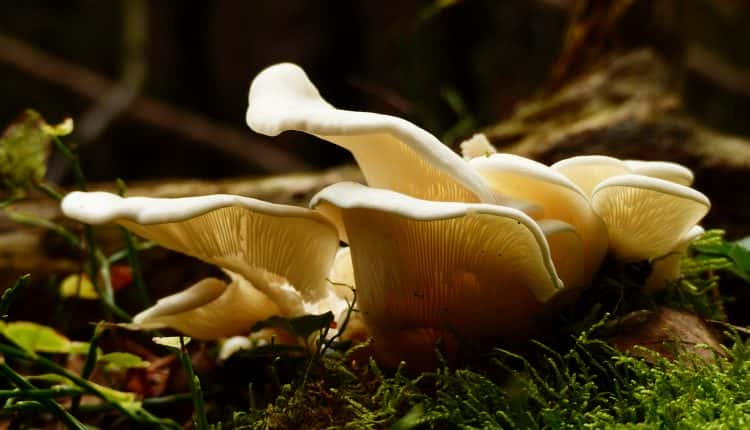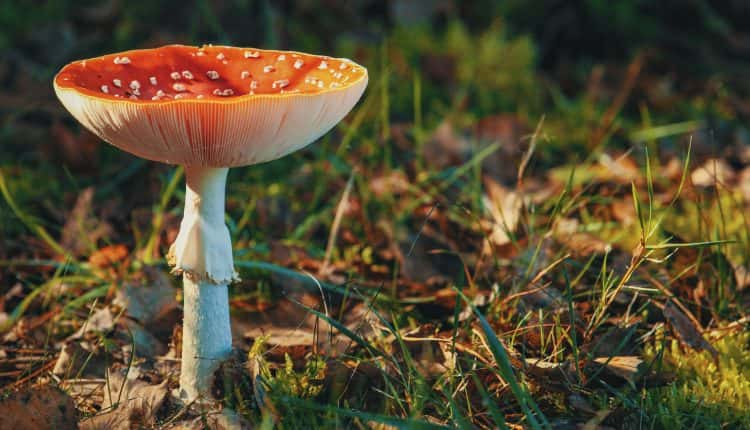
Psilocybin, a psychedelic compound that is found in “magic mushrooms,” has shown its potential as an effective treatment for alcohol use disorder (AUD) when combined with talk therapy, according to the results of a clinical trial shown in the journal JAMA Psychiatry.
The trial involved individuals with alcohol dependence who received either psilocybin or a placebo in addition to psychotherapy sessions.
Psilocybin’s Potential Breakthrough
Alcohol use disorder, distinguished by an impaired ability to control or stop alcohol consumption, is a significant medical condition associated with adverse social, occupational, or health consequences.
In this trial, participants diagnosed with alcohol dependence to receive two doses of either psilocybin or a placebo medication, specifically diphenhydramine (Benadryl), would not be expected to impact their symptoms.
The 93 participants, aged 25 to 65, underwent psychotherapy sessions during the trial, including four before the first medication dose, four between the first and second doses, and four during the month after the treatment.
Both groups showed reduced drinking during the 32-week trial, with the psilocybin group demonstrating a more significant improvement.
The rate of heavy drinking in the psilocybin group dropped by approximately 83%, compared to a drop of about 51% for the placebo group. Eight months after the first dose, 48% of the psilocybin group had stopped entirely drinking, compared to 24% of the placebo group.
Jon Kostas, a participant in the psilocybin group, shared his experience, stating, “I stopped drinking right after my first psilocybin session. It worked that quickly for me. This eliminated all my cravings.”
The therapeutic effects of the psilocybin and therapy were reported to be “considerably larger” than those observed with existing drugs used to treat alcohol use disorder. Dr. Michael Bogenschutz, lead study author and director of the NYU Langone Center of Psychedelic Medicine, highlighted the remarkable aspect that these effects persisted for months after treatment.
He stated that if these findings are shown in future trials, psilocybin could possibly be a breakthrough for the treatment of alcohol use disorder.
Read more: CVS Adjusts Drug Pricing: What Consumers Can Expect In The Coming Months
Magic Mushrooms for Alcohol Use Disorder: Psilocybin’s Promise

Interest in using psychedelics to treat alcohol use disorder dates back to the 1960s and 1970s, with early LSD trials showing promise. However, political pressures halted psychedelic research, leading to a recent rekindling of interest.
While both groups experienced mild, short-lived side effects, including headaches and nausea, the psilocybin group reported more favorable outcomes.
Notably, serious adverse events occurred in the placebo group, emphasizing the overall safety of psilocybin. Despite the study not being fully double-blinded due to participants correctly guessing their assigned medication, the results indicate a potential breakthrough in AUD treatment.
Dr. Bogenschutz noted the challenge of conducting psychedelic research with appropriate placebos, as the unique effects of these substances make it challenging to create a placebo that accurately mimics the mind-altering effects of psilocybin.
The treatment mechanism’s exact workings remain unknown, but researchers propose that psilocybin’s activation of serotonin 2A receptors in the brain may boost connectivity between brain networks.
This heightened connectivity could facilitate change and accelerate learning during talk therapy, providing a potential avenue for treating alcohol addiction.
Next year, researchers plan to launch a more extensive trial at 15 sites, with results expected to inform further the potential approval and widespread use of psilocybin.
Read more: Can Science Extend Your Dog’s Lifespan? The Quest For Longevity Drugs

